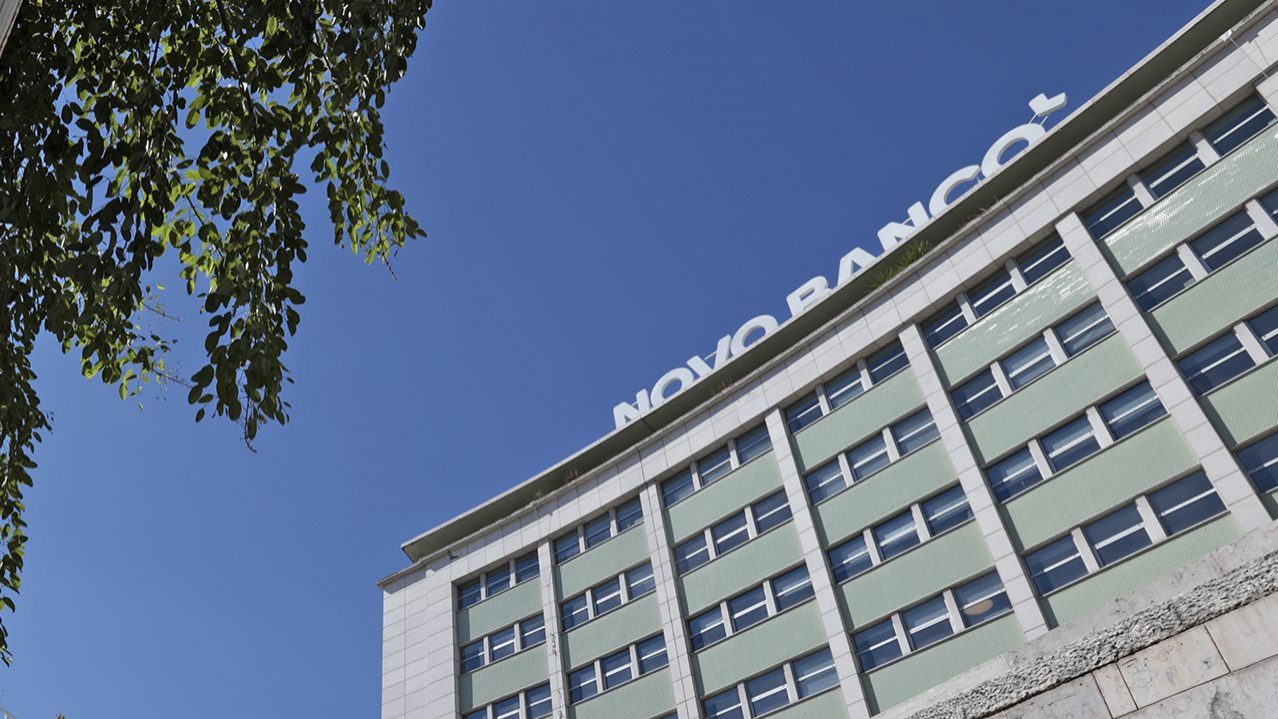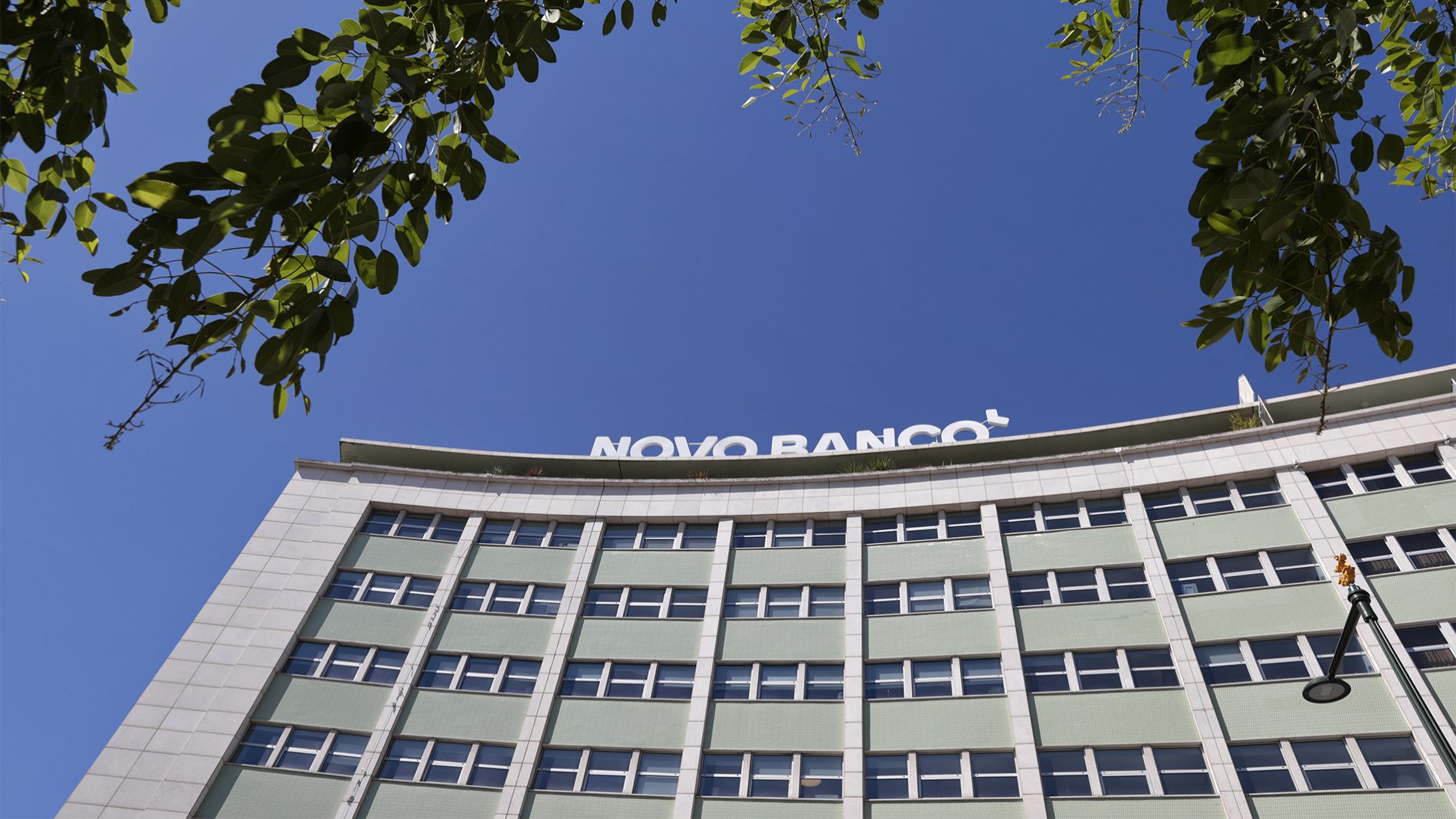Novo Banco registers record losses of 1.39 billion
It is confirmed: in 2017, Novo Banco presented losses of 1,395 million euros in 2017, the worst record since the transition bank was created, in August of 2014. Pimco and Blackrock blame BdP.
Another quarter of losses is confirmed for the institution headed by António Ramalho. Novo Banco ended 2018 with the worst losses of its small history: it registered 1.4 billion euros in losses.
The information was disclosed in a press release sent to CMVM (Portuguese Securities Market Commission), in which Novo Banco refers “reported a negative income of €1,395.4 million in 2017“. This record amount, which lead the institution to turn on the Capital Contingent Mechanism of 792 million euros, compares with “a net loss of €788.3 million in 2016”.
It is now 13 quarters — out of its 14 quarters of existence — of negative results for the institution headed by António Ramalho. This performance is justified by the high level of impairments registered in the process of clearing the bank’s balance. Those impairments were worth 2,057 million euros. Excluding those impairments, Novo Banco registered in 2017 a positive operational result of 341.7 million euros, still 44.9 million euros lower than in the previous year.
“Banking income totaled €890.9 million (-8.9% YoY), without considering the triggering of the Contingent Capital Agreement”, Novo Banco stated.
“Net interest income decreased by 23.3% as a result of the deleveraging in the period, while fees an commissions increased by 17.2%”. This happened as the results of financial operations increased by 45.2%, “underpinned by the gains obtained on the LME operation (€209.7 million)”.
In the press release, Novo Banco also underlines: “Due to these constraints and also the ongoing deleveraging process, net interest income contracted by 23.3% year-on-year, to €394.6 million. It should be noted that the positive impact from a 34 basis points (bps) reduction in the cost of liabilities (from 1.39% in Dec.16 to 1.05% in Dec. 17) was not sufficient to offset the reduction in the interest rate on assets (-55 bps), causing the net interest margin to drop by 21 bps, to 0.89%, from 1.10% in December 2016“.
The institution summarizes: “The decrease in the average interest rate on deposits, from 0.91% in December 2016 to 0.86% at the end of 2017, contributed to lower the rate of liabilities. On the side of interest earning assets, there was a reduction in income not only from customer loans but also from the other financial assets”.
Pimco and BlackRock blame the Bank of Portugal for these losses
In an official reaction to the results, the Novo Note Group, coordinated by Pimco, BlackRock, Attestor Capital and CQS, classifies these losses as another example of how the Bank of Portugal poorly managed the resolution of Banco Espírito Santo (BES) and the sale of Novo Banco.
The unprecedented losses at Novo Banco and the need for Portuguese taxpayers to inject an additional €800mn are further examples of how poorly the Bank of Portugal has managed the resolution of Banco Espirito Santo and the sale of Novo Banco.
“The unprecedented losses at Novo Banco and the need for Portuguese taxpayers to inject an additional €800mn are further examples of how poorly the Bank of Portugal has managed the resolution of Banco Espirito Santo and the sale of Novo Banco. As with the unlawful decision to retransfer certain bonds from Novo Banco to BES in 2015, the Portuguese central bank failed to engage with all stakeholders while taking decisions that imposed undue costs on taxpayers and destabilized the country’s banking system”.
In addition, the Novo Note Group stated it “encourages the Portuguese authorities to reengage with our group to find a mutually beneficial solution that bolsters financial stability and mitigates the ongoing costs to taxpayers”.




